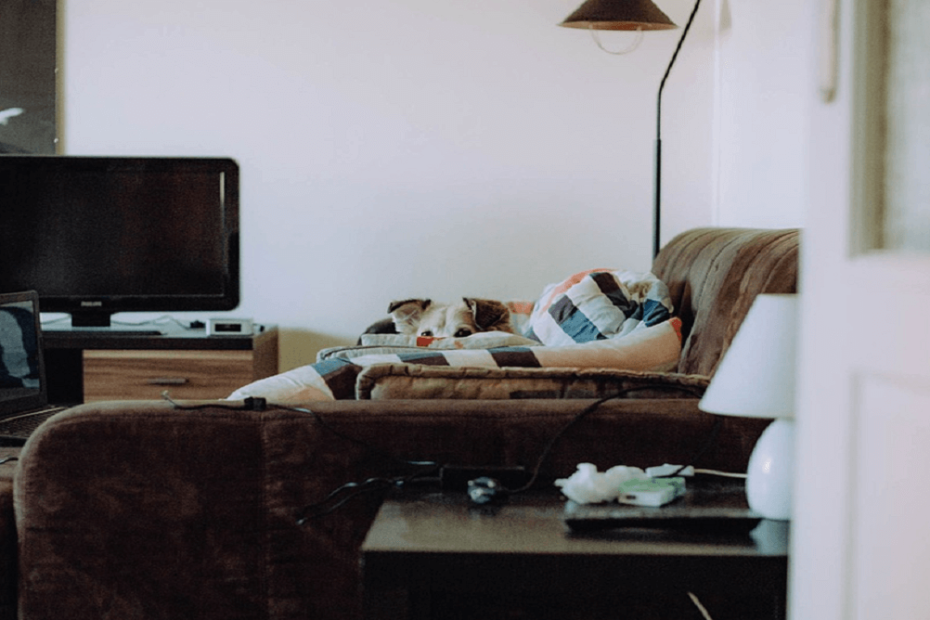Allowing tenants to keep pets in rental units presents unique advantages as well as risks for landlords. Pet policies vary significantly between rental properties.
But it is important for landlords to consider both the pros and cons before deciding on rules around pets. Here are some key things to keep in mind regarding the benefits and downsides of pets.
Pros Of Pets
Larger Potential Rental Pool
Allowing pets to appeal to more potential tenants, especially those with pets, expanding the number of applicants for a rental property. This can result in stronger candidates, higher-quality tenants, and less downtime between tenancies.
Happier And Longer-Tenured Tenants
Tenants with pets that are allowed to remain in a rental often report higher satisfaction and tend to stay longer. They become committed to the home and community, resulting in lower turnover costs and more stable long-term rent payments. Most Mooresville, NC Real Estate & Homes for Sale are pet-friendly and welcoming.
Reduced Expenses
It is less expensive to allow existing pets versus reimbursing tenants for moving costs or losing security deposits and rent payments during transition periods between tenancies. Fewer moves also limit wear and tear on the property.
Goodwill
By allowing tenants to keep their beloved pets, landlords gain goodwill and loyalty. Tenants appreciate accommodating them and will speak highly of the landlord and property, bringing in new tenants through positive word of mouth.
Cons Of Pets
Property Damage
There is potential for pets to cause damage to rental properties including scratching, chewing, soiling, and stains that require costly repairs and professional cleaning. This can depress property value over time.
Noise And Disturbances
Larger pets, in particular, can cause excess noise through barking, whining, and other vocalizations that disturb neighbors and other tenants. This can lead to complaints, conflicts, and even legal issues.
Allergens And Odors
Pet dander, saliva, urine, and other allergens as well as strong odors can build up over time and irritate both tenants and landlords, especially in smaller units. They require ongoing efforts and expenses to mitigate health and hygiene issues.
Liability Concerns
Although laws and regulations vary in different areas, landlords may face liability if a tenant’s pet bites or injures another individual on the rental property. This could open the door to expensive legal claims, lawsuits, and damage to the landlord’s reputation.
Increased Wear And Tear
Larger pets especially can accelerate normal wear and tear, requiring more frequent repairs, repainting, re-flooring, and remodels which decrease the overall lifespan of the property and increase costs.
Unapproved Pets
There is a risk that tenants will acquire additional pets that were not approved as part of the original lease agreement. These unapproved pets can then exacerbate all of the issues around damage, noise, allergens, and liability.
Steps You Can Take As A Landlord
● Screen tenants and their pets
Check references, verify licenses/vaccinations, and potentially conduct meet & greets to ensure a good temperament. Screening chooses responsible pet owners.
● Set limits on the number, size, breed, and weight of pets
This avoids very large pets that cause excessive damage and limits noise and odor issues. Breed restrictions also reduce aggression and liability concerns.
● Charge a non-refundable pet fee and/or pet rent to cover costs
Pet fees can deter tenants with pets and fund repairs/cleaning. Pet rent makes tenants financially responsible for any damages.
● Stay up-to-date on laws
Policies around small animals, emotional support animals, service pets, and more continue evolving. Landlords must know regulations to avoid discrimination claims while still protecting their rights and property. Policies must comply with all applicable laws.
● Consider a pet-welcoming culture
See pets as a benefit rather than merely a necessary evil. Build goodwill with tenants by showing you value them and their pets. Foster a genuine community feeling to support longer tenancies, fewer issues, and stronger loyalty.
